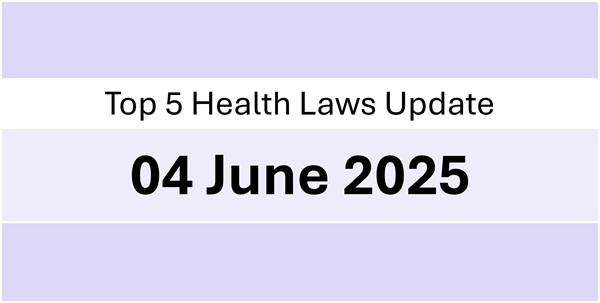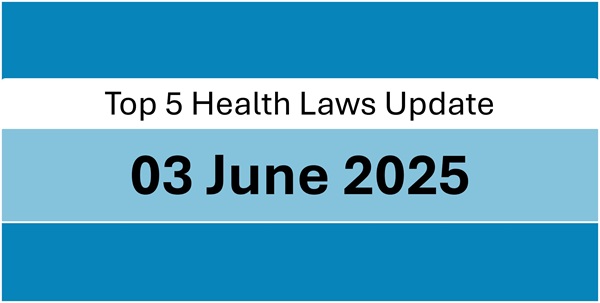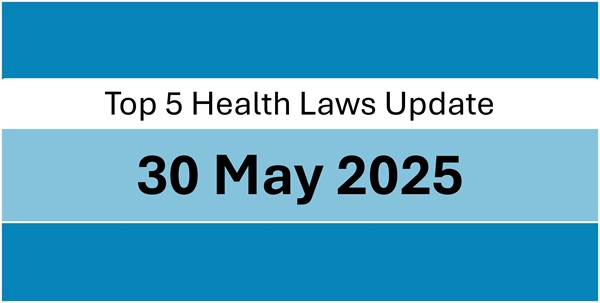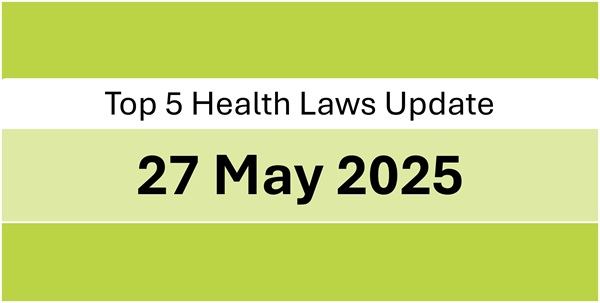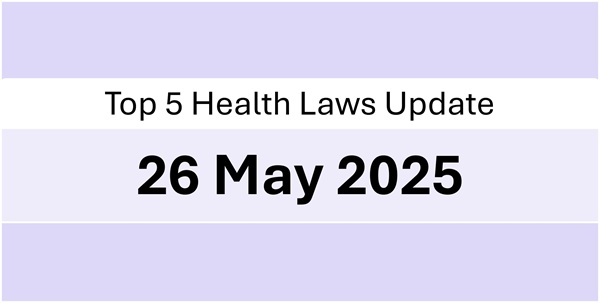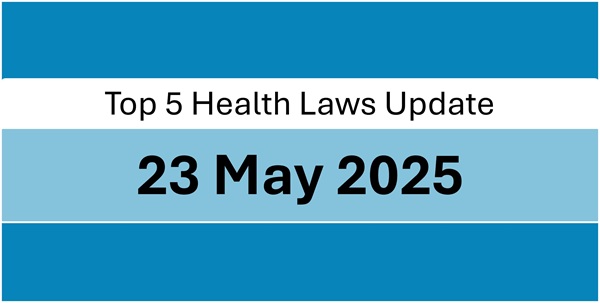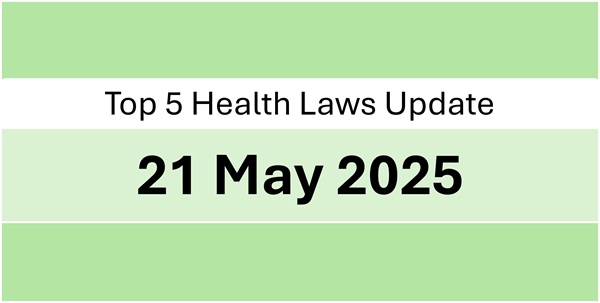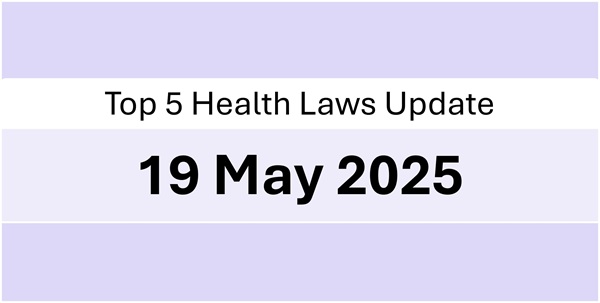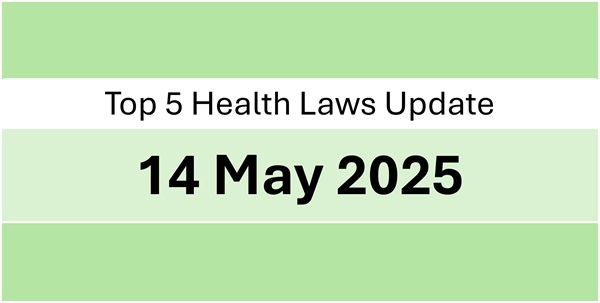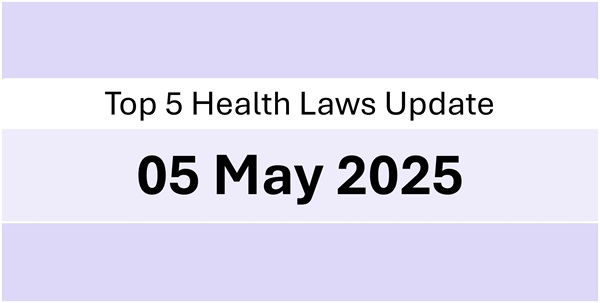Dear Readers, we are happy to share the most interesting legal and policy updates concerning health industry that we read today. we hope you enjoy reading it.
1. India’s Department of Pharmaceuticals (DoP) has reportedly issued a communication to all pharmaceutical associations directing them to comply with the Uniform Code for Pharmaceutical Marketing Practices (UCPMP) 2024. As per the directive, companies must submit a self-declaration and marketing expenditure disclosure for the financial year 2024–25 by 31st July 2025
Source: bit.ly/4jvX8Xq
2. The Ministry of Commerce and Industry authorised Ayushexcil, the Ayush Export Promotion Council under Appendix 2E of Foreign Trade Policy 2023 to issue non-preferential Certificates of Origin for Ayush products, streamlining exports and boosting global trade.
Source: bit.ly/4dM0fsZ
3. India’s pharmaceutical sector is expected to remain stable despite the U.S. Executive Order introducing a “Most Favoured Nation” pricing model, which seeks to cut branded drug prices by 30–80% by aligning them with the lowest OECD country prices. CRISIL Ratings reports that strong domestic demand and a focus on generics will help India’s pharma industry withstand these pricing pressures.
Source: bit.ly/45Lwd6y
4. India launches International Biomed Cross (IBC) to create a global network of biomedical engineers for rapid repair, maintenance, and remote support of critical medical equipment during health emergencies and disasters, ensuring uninterrupted healthcare services in underserved and crisis-affected regions.
Source: bit.ly/45Lwd6y
5. The U.S. President Trump has reportedly revoked a Biden-era policy under the Emergency Medical Treatment and Labor Act (EMTALA), 1986 that required hospitals to provide emergency abortions, even in states with abortion bans. This move creates legal uncertainty for hospitals and may limit emergency abortion care for pregnant women.
Source: bit.ly/4mMt1xF

